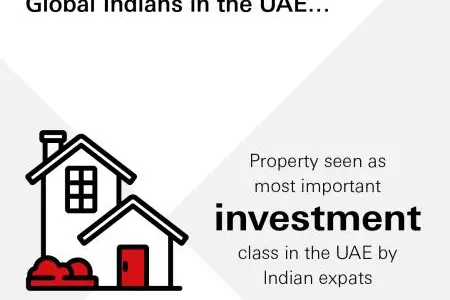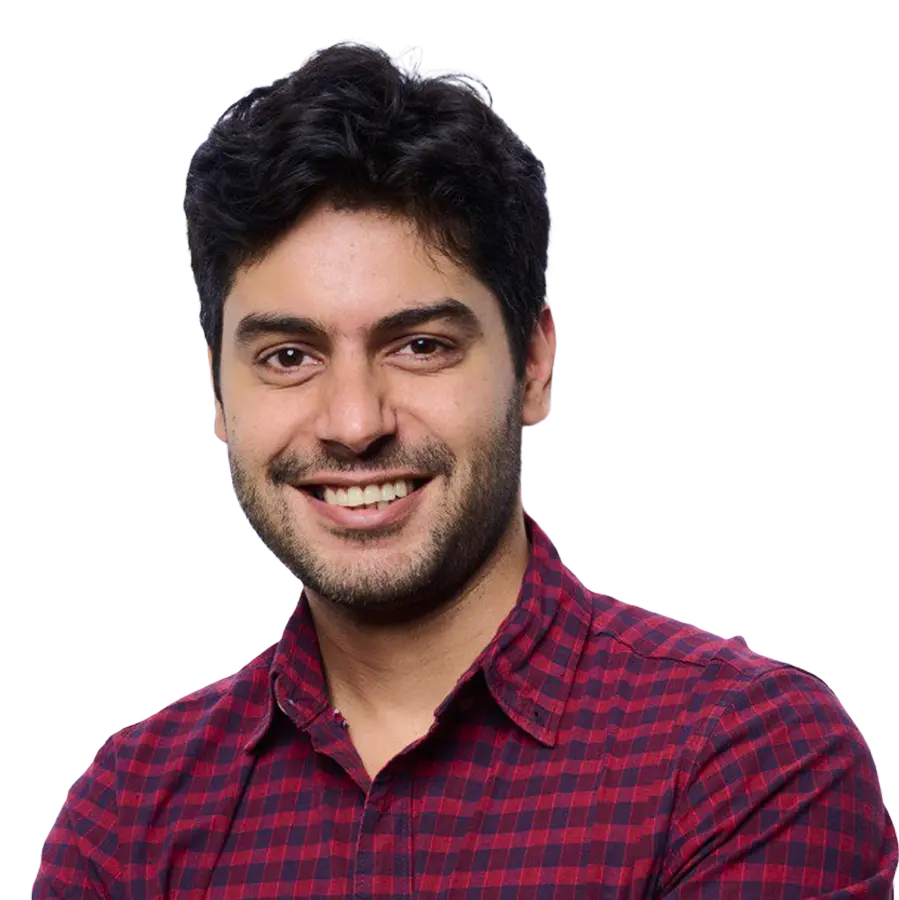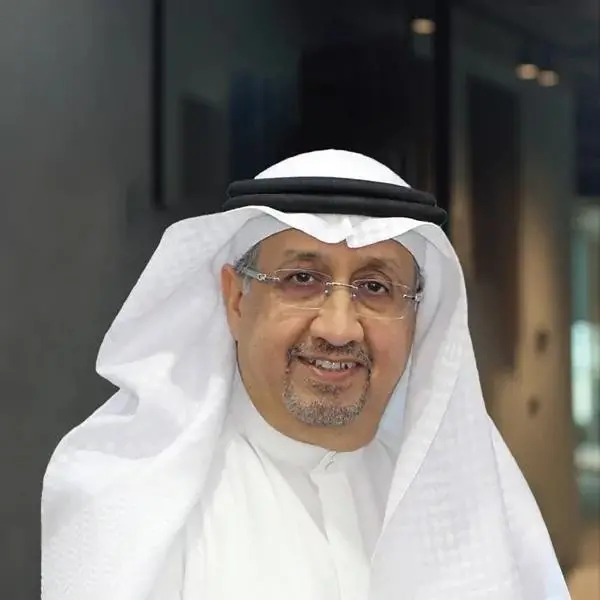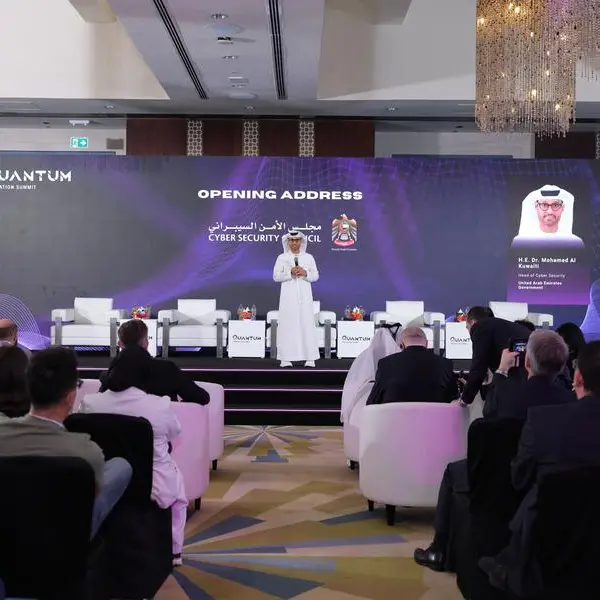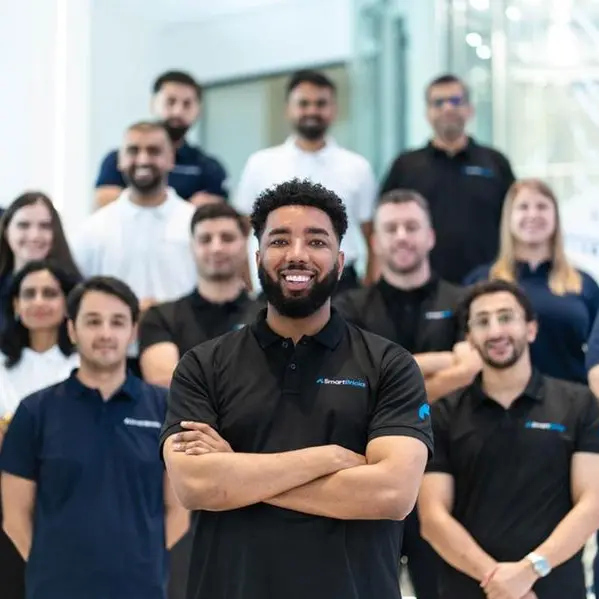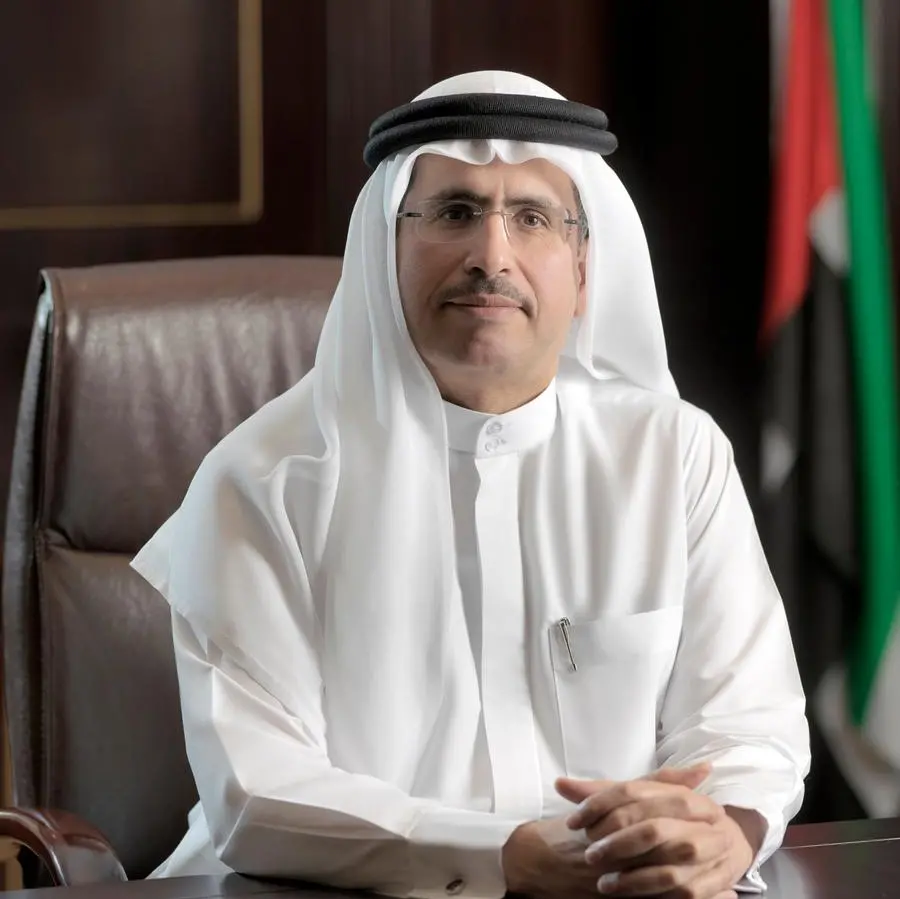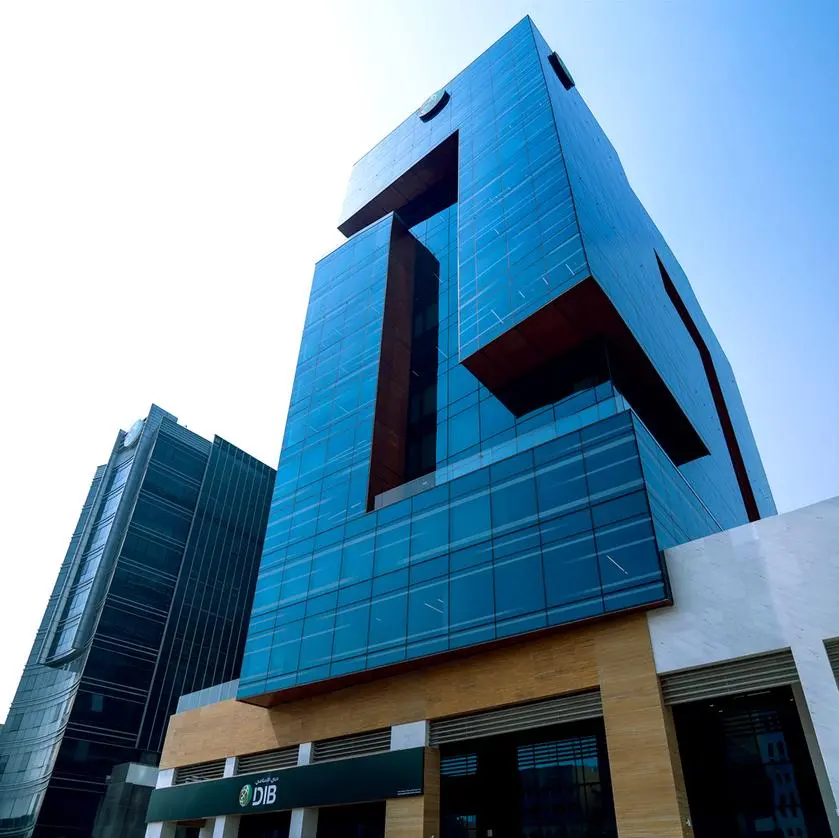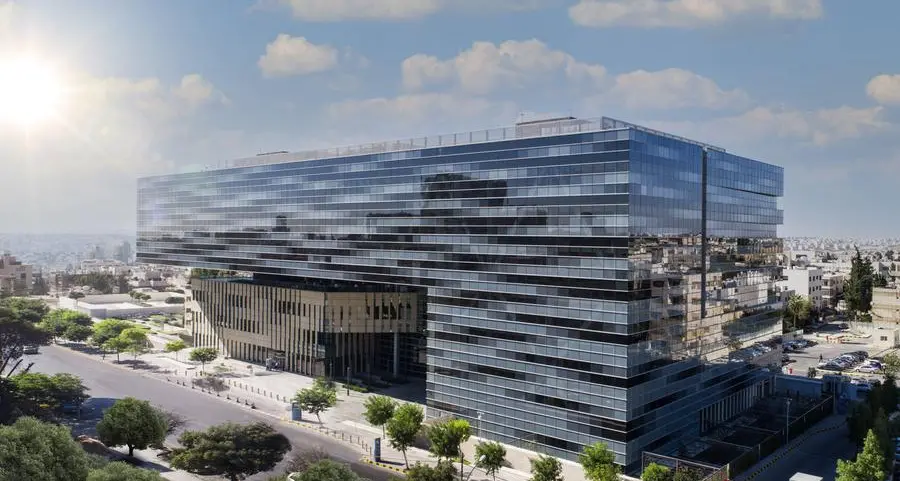PHOTO
- Property seen as most important investment class in the UAE
- Tech and tourism seen as sectors most likely to perform strongly in the next decade
Dubai – Two thirds of Indian nationals living in the UAE plan to increase their investments in the country in the next three years, with real estate, stock markets, and private businesses their main targets, according to HSBC’s new Global Indian Pulse report.
The investment intentions of expat Indians in the UAE are significantly higher than the global average, where 59% plan to invest in their country of residence, according to HSBC’s first Global Indian Pulse report – the most comprehensive cross-border research of its kind into Global Indian attitudes and motivations around their growing investments and connections back to India.
UAE-based Global Indians see property (56%) as the most important investment, followed by stocks and shares (40%). Investing in UAE businesses is particularly important for 51% of affluent expat Indians, which highlights the depth of the commitment many wealthier Global Indians have with the UAE. Around nine in 10 are already investing in the UAE (87%) and India (93%).
“At 3.5 million, the UAE is home to the largest number of Indians abroad[i] and our study delves into the deep connection Global Indians maintain with India, but also with the UAE. India is already the UAE’s second largest trading partner and as both economies continue to prosper and grow so will the ambitions of Indian entrepreneurs, businesses and High Net Worth Individuals based here,” said Abdulfattah Sharaf, UAE CEO and Head of International at HSBC.
The future is sustainable and digital
Sustainability plays a major role in Indian investors' decision making, with more than four-fifths (78%) of UAE Global Indians saying environmental and social initiatives including electric cars (39%), recycling (35%) and skills development (34%) are a key part of their decision making when investing in the UAE.
This is particularly the case for affluent Global Indians (91%) and for over 30s (80%), both groups identified as planning to increase their investments in the UAE and India in the next three years.
“It’s encouraging to see the focused alignment between the investment appetite of affluent UAE Global Indians with the country’s transformation and sustainability plans. The UAE has been confirmed as the host of the COP28 summit in 2023 and the Middle East is set to play a leadership role in the transition to net zero. Supporting all of our customers around the world – sovereign, corporate and personal – on their respective journeys is part of HSBC’s own commitment to helping lead the transition to a net zero global economy,” added Abdulfattah.
UAE Global Indians also back technology and tourism as the sectors most likely to perform strongly in the UAE over the next decade or so.
Global Indians in the UAE are mostly likely to be planning to increase their investments for financial reasons, but over a third are motivated by wanting to promote positive change in the UAE. This illustrates the sense of commitment that many UAE Global Indians have towards their host country.
Investment motivations
Global Indians in the UAE are in a good place – most are happy (84%), safe (88%) and financially secure (72%), and despite the upheaval of the pandemic, majority are feeling optimistic about the future with many planning to invest.
“At HSBC we’re ready to support and fuel the aspirations of Global Indians. In the year that we celebrate 75 years of doing business in the UAE we’ve committed US$5 billion of lending to support strong companies in the UAE, including Indian businesses, that need new capital to drive well-developed plans to grow their businesses globally. To support the aspirations of our Wealth & Personal Banking customers we’re investing in our wealth management business and expanding our private bank in the Abu Dhabi Global Market as part of our plan to double our assets under management over the next three years,” Abdulfattah said.
“There’s a huge vibrancy and an incredible untapped economic opportunity associated with India which transcends traditional investments and goes much deeper into the two-way flows of talent, capital, technology and access to markets,” he added.
HSBC’s first global study on Global Indian attitudes around cultural links, their growing investments and connections back to India was launched by leading Indian cinema actress Katrina Kaif, herself a second generation Global Indian, at Expo where HSBC is a founding partner of the UK Pavilion and an official Corporate Sponsor of the India Pavilion.
The study, which builds on HSBC’s 155-year relationship with India, examines the views of 4,152 people across nine markets including the US, UK, Canada, Saudi Arabia, UAE, Hong Kong, Singapore, Malaysia and Australia, with 1,101 respondents from the UAE.
-END-
Media enquiries to:
Sahar Makki | Sahar.Makki@edelman.com
Rebecca Rego | Rebecca.Rego@edelman.com
Farah Farooq | farah.farooq@hsbc.com
Neil Churchill | neil.w.churchill@hsbc.com
About The Global Indian Pulse
The Global Indian Pulse was conducted by industry research firm Ipsos between 18 August–13 September 2021. As this is an online sample, it is more urban, more educated, and more affluent than the general population. Data are unweighted. Ipsos interviewed 4,152 Global Indians in nine markets (USA (823), Canada (395), UK (1,004), Saudi Arabia (151), UAE (1,051), Hong Kong (75), Singapore (439), Malaysia (103), Australia (111)) using its online panel. First generation Global Indians are those born in India, second generation are those who had a parent born there and third generation are those who had a grandparent born there respectively.
*Please note that throughout this report where we say country, this refers to countries and territories.
HSBC in the MENAT region
HSBC is the largest and most widely represented international banking organisation in the Middle East, North Africa and Turkey (MENAT), with a presence in nine countries across the region: Algeria, Bahrain, Egypt, Kuwait, Oman, Qatar, Saudi Arabia, Turkey and the United Arab Emirates. In Saudi Arabia, HSBC is a 31% shareholder of Saudi British Bank (SABB), and a 51% shareholder of HSBC Saudi Arabia for investment banking in the Kingdom. Across MENAT, HSBC had assets of US$68.9bn as at 31 December 2020.
© Press Release 2021
Disclaimer: The contents of this press release was provided from an external third party provider. This website is not responsible for, and does not control, such external content. This content is provided on an “as is” and “as available” basis and has not been edited in any way. Neither this website nor our affiliates guarantee the accuracy of or endorse the views or opinions expressed in this press release.
The press release is provided for informational purposes only. The content does not provide tax, legal or investment advice or opinion regarding the suitability, value or profitability of any particular security, portfolio or investment strategy. Neither this website nor our affiliates shall be liable for any errors or inaccuracies in the content, or for any actions taken by you in reliance thereon. You expressly agree that your use of the information within this article is at your sole risk.
To the fullest extent permitted by applicable law, this website, its parent company, its subsidiaries, its affiliates and the respective shareholders, directors, officers, employees, agents, advertisers, content providers and licensors will not be liable (jointly or severally) to you for any direct, indirect, consequential, special, incidental, punitive or exemplary damages, including without limitation, lost profits, lost savings and lost revenues, whether in negligence, tort, contract or any other theory of liability, even if the parties have been advised of the possibility or could have foreseen any such damages.
